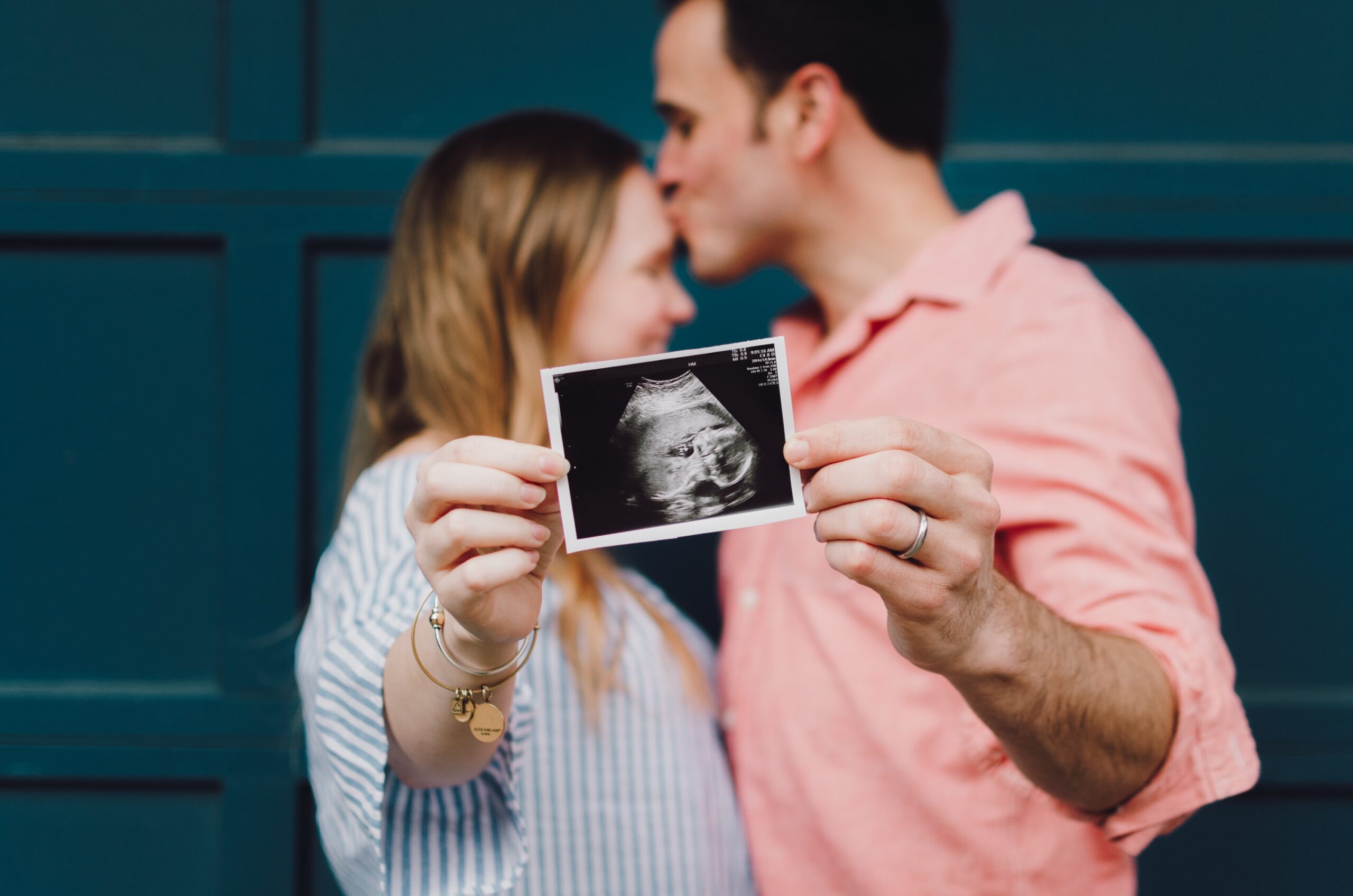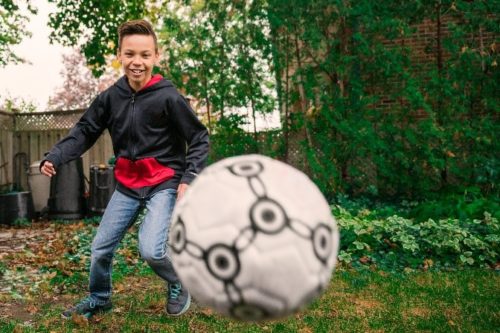Choices in Names change, shifting in and out of fashion and some stay constant.
There is a new movement for gender neutral names as parents see the benefits of naming their child without the gender attached.

Only 6% of names are gender neutral and according to names.org, who put the parameters to what makes a name gender neutral, when they dip below 95% of the social bureau’s data/statistics then it becomes gender neutral.
For instance, the name Leslie in 2016 dropped to 94.6% for the females it was given t and was thus consider gender neutral because it was below 95%.
2021 Gender-neutral baby names:

Indigo
- Greek origin, meaning blue dye
Ash
- English origin, meaning ash tree
Darcy
- Irish Origin, meaning dark
Avalon
- Celtic origin, meaning island of apples
Echo
- Greek origin, meaning reverberating sound
Billie
- English origin, meaning resolute protection
Zephyr
- Greek origin, meaning west wind
Quinn
- Celtic origin, meaning chief leader/intelligence
Kai
- Welsh/German origin, meaning of the sea/keeper of the keys
Blake
- English origin, meaning dark and attractive

Over the past 100 years the boy’s name, ‘James’ was given to over 4.5 million boys, whilst the girl’s name ‘Mary’ has been given to almost 3.5 million girls. Although they are staples in our supply for names their popularity has changed over the years.
Names from television and popular culture impact parents’ choices. Khaleesi or Arya were very popular names form the tremendously successful TV series Game of Thrones; 241 baby girls were named Khaleesi in 2012-2013 (when the series was at its peak) but is now ranked number 733 in the US.

2021 popular girl names:
Charlotte
- French origin, meaning free
Amelia
- Latin origin, meaning work
Olivia
- Latin origin, meaning olive tree
Isla
- Scottish origin, meaning island
Mia
- Scandinavian origin, meaning beloved
Ava
- Hebrew origin, meanings life/serpent/bird
Grace
- Latin origin, meaning grace of God/charm
Chloe
- Greek origin, meaning young green shoot
Willow
- English origin, meaning willow tree
Matilda
- German origin, meaning battle mighty
Things to remember when choosing:
There will most likely be push back if parents float the name around family and friends. But this generally changes after the baby comes along with its new wonderful name.
Most name associations fade. If you love the name stick with it, don’t let who you know or pop-culture changing its connotations be bothersome.

2021 popular boy names:
Oliver
- Old Norse/Latin origin, meaning kind one and olive tree
Noah
- Hebrew origin, meaning rest, comfort and repose
William
- English origin, meaning resolute protector/strong willed warrior
Jack
- English origin, meaning God is gracious (can be considered gender neutral)
Leo
- Latin origin, meaning lion/lion-hearted and brave
Henry
- German origin, meaning ruler of the home
Charlie
- German origin, meaning free man
Thomas
- Hebrew origin, meaning twin (biblical connections)
Lucas
- Latin origin, meaning bringer of light
Elijah
- Hebrew origin, meaning my God is Yahweh (the Hebrew name for god)

Helpful hints of choosing a baby name:
Avoid passing trends; consider whether the future child could be teased for their name, and if the name will still sound great in ten years time.
Look into the family tree for inspiration.
There’s something special about a name in the family being used as if it respects and holds significance for the family.
Look up meanings: does this name inspire and not mean something that could be taken in the wrong way?






